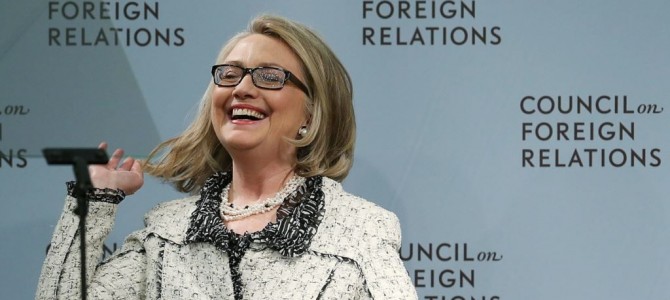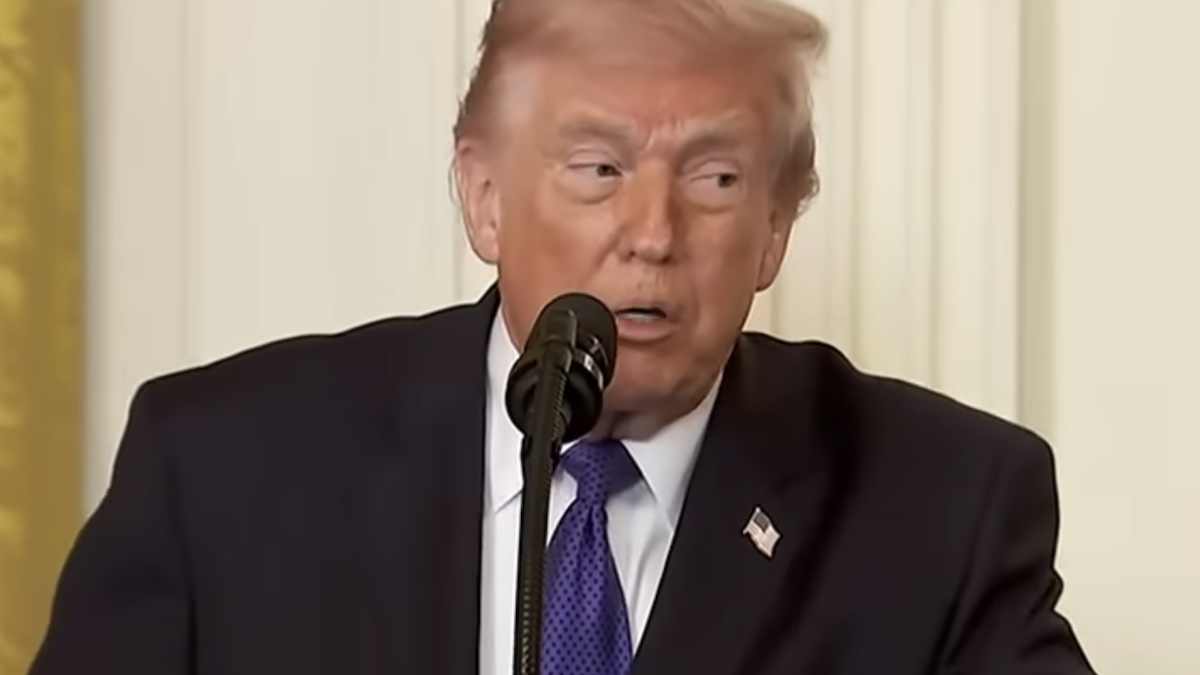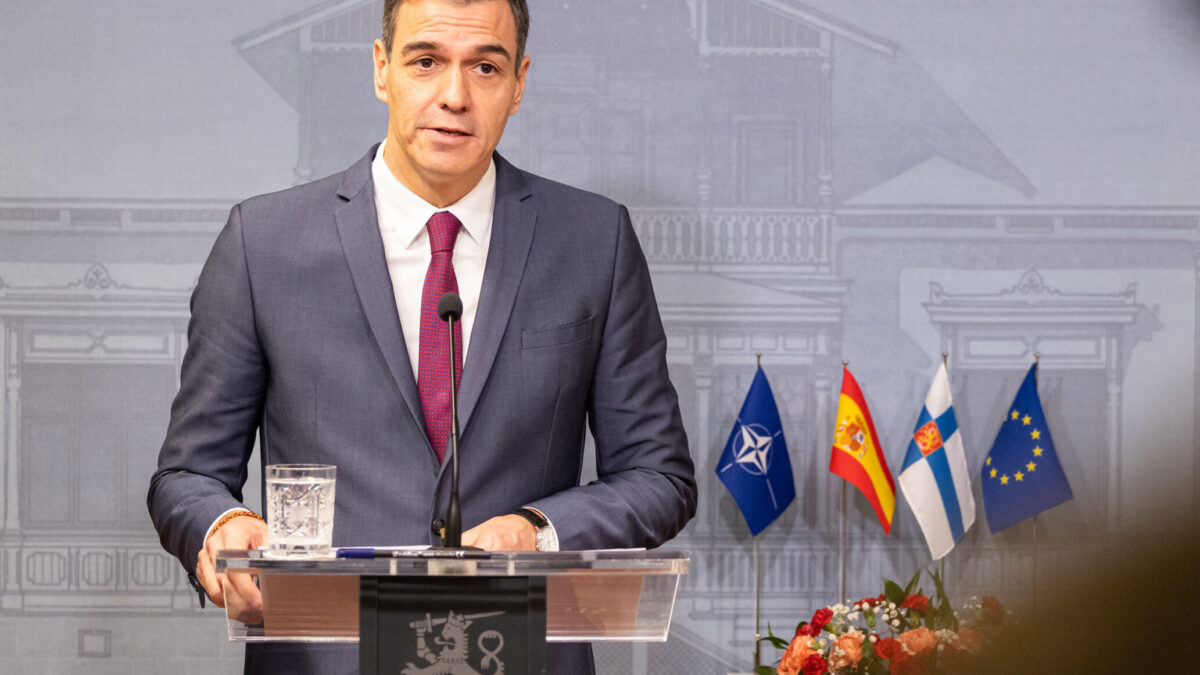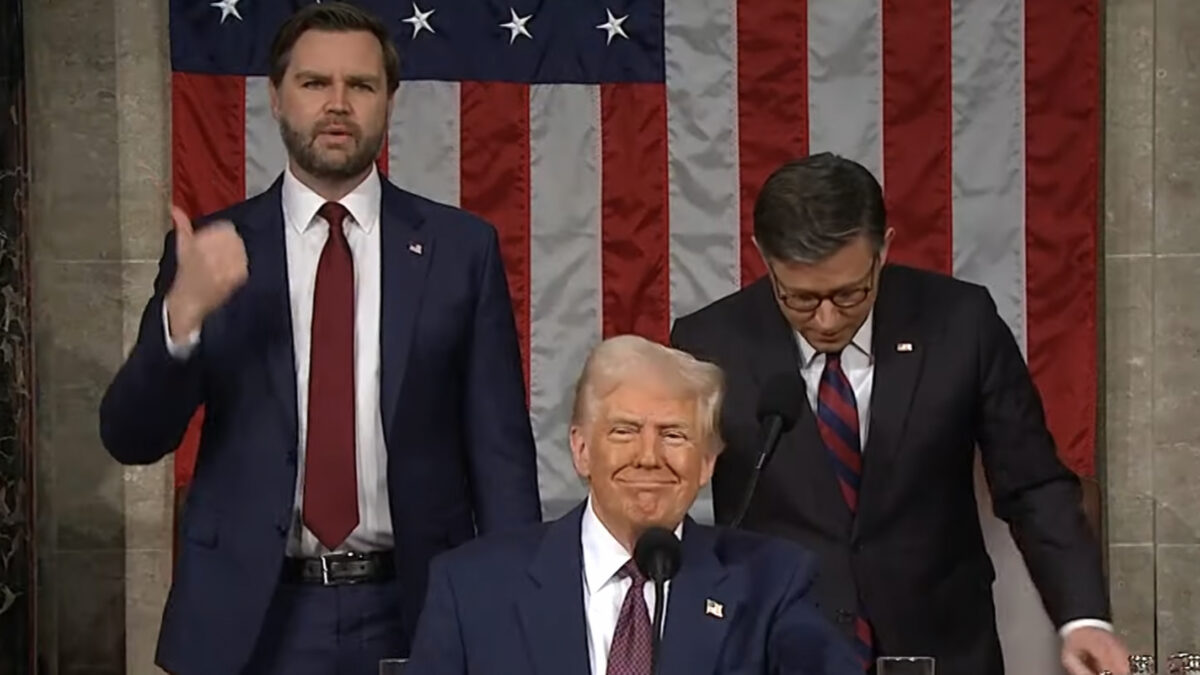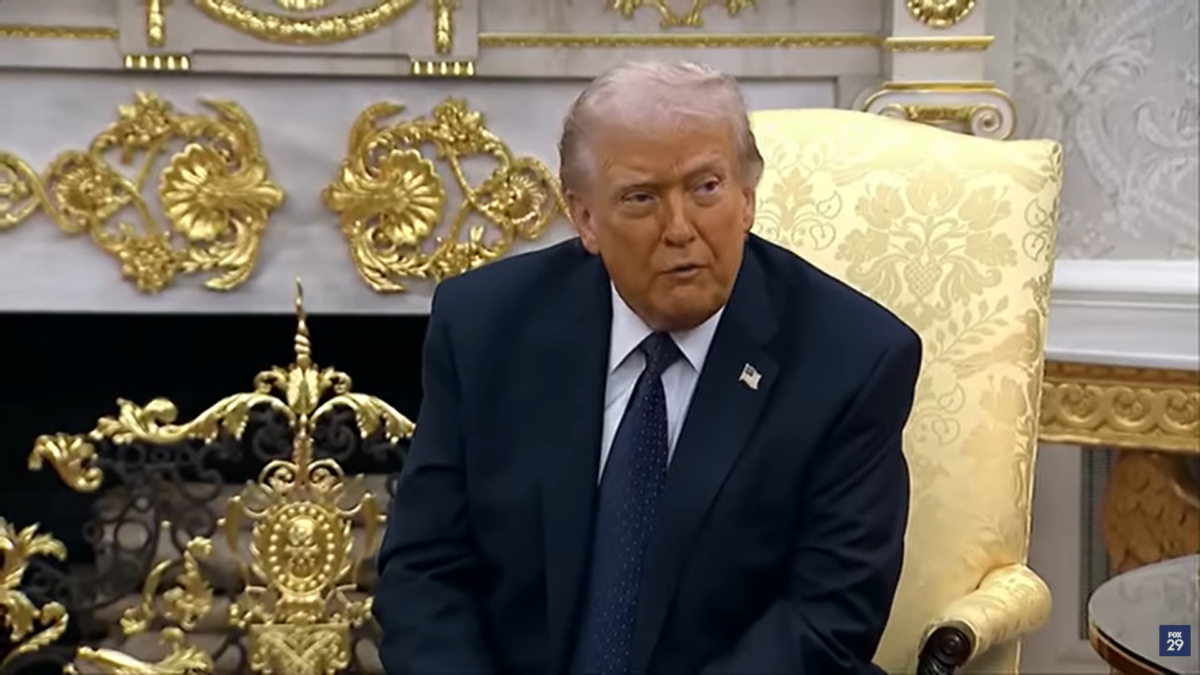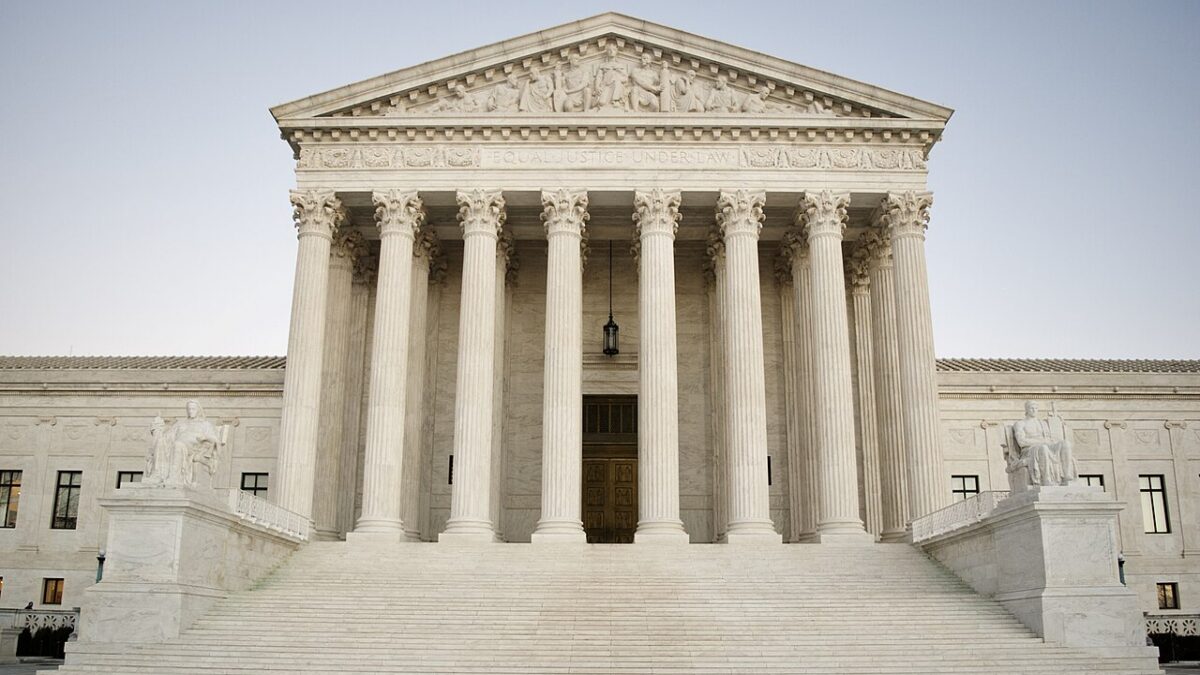The Washington Post reported last week that the tax-exempt foundation run by Bill and Hillary Clinton accepted money from seven foreign governments while Hillary served as U.S. Secretary of State (it’s unclear how much foreign money the organization accepted while Hillary was a U.S. Senator). Super shady, right? It’s worse than that, though, because Article I, Section 9 of the U.S. Constitution actually bans foreign payola for U.S. officials.
The constitutional ban on foreign cash payments to U.S. officials is known as the Emoluments Clause and originated from Article VI of the Articles of Confederation. The purpose of the clause was to prevent foreign governments from buying influence in the U.S. by paying off U.S. government officials. Here’s the text of the clause:
No Title of Nobility shall be granted by the United States: And no Person holding any Office of Profit or Trust under them, shall, without the Consent of the Congress, accept of any present, Emolument, Office, or Title, of any kind whatever, from any King, Prince, or foreign State.
Various statutes and rules have been promulgated to effect the constitutional ban on foreign cash. The U.S. House of Representatives bans cash payments from foreign governments. The U.S. Senate, of which Hillary was a member from 2001 to 2009, bans cash payments from foreign governments. And the U.S. State Department bans cash payments from foreign governments. Let’s take a look at the specific language from the State Dept.:
Executive branch employees are subject to restrictions on the gifts that they may accept from sources outside the Government. Unless an exception applies, executive branch employees may not accept gifts that are given because of their official positions or that come from certain interested sources (“prohibited sources”).
A prohibited source is a person (or an organization made up of such persons) who: is seeking official action by, is doing business or seeking to do business with, or is regulated by the employee’s agency, or has interests that may be substantially affected by performance or nonperformance of the employee’s official duties.
Does a foreign government have business with the U.S. State Department? Is a foreign government generally seeking official action by the U.S. State Department? You better believe it.
Oman, Qatar (which owns the Al-Jazeera network), Kuwait, and Algeria all funneled cash to the Clinton Foundation while Hillary was Secretary of State. Each country had business pending before the U.S. government. And it turns out that Hillary even met with the Algerian prime minister after her foundation cashed a $500,000 check from the Algerian government:
Clinton met with the president of Algeria during a 2012 visit to the country.
A State Department spokesman referred questions about the ethics-office reviews to the charity. Nick Merrill, a Clinton spokesman, declined to comment.
Besides Algeria, a number of the other countries that donated to the foundation during Clinton’s time at the State Department also lobbied the U.S. government during that time.
Qatar, for instance, spent more than $5.3 million on registered lobbyists while Clinton was secretary of state, according to the Sunlight Foundation. The country’s lobbyists were reported monitoring anti-terrorism activities and efforts to combat violence in Sudan’s Darfur region. Qatar has also come under criticism from some U.S. allies in the region that have accused it of supporting Hamas and other militant groups. Qatar has denied the allegations.
The official Team Clinton defense is that this whole thing is no big deal because the Clinton Foundation uses all that money to save lives, and who doesn’t want to save lives?
“As with other global charities, we rely on the support of individuals, organizations, corporations and governments who have the shared goal of addressing critical global challenges in a meaningful way,” said the spokesman, Craig Minassian. “When anyone contributes to the Clinton Foundation, it goes towards foundation programs that help save lives.”
If only that were true. When anyone contributes to the Clinton Foundation, it actually goes toward fat salaries, administrative bloat, and lavish travel.
Between 2009 and 2012, the Clinton Foundation raised over $500 million dollars according to a review of IRS documents by The Federalist (2012, 2011, 2010, 2009, 2008). A measly 15 percent of that, or $75 million, went towards programmatic grants. More than $25 million went to fund travel expenses. Nearly $110 million went toward employee salaries and benefits. And a whopping $290 million during that period — nearly 60 percent of all money raised — was classified merely as “other expenses.” Official IRS forms do not list cigar or dry-cleaning expenses as a specific line item. The Clinton Foundation may well be saving lives, but it seems odd that the costs of so many life-saving activities would be classified by the organization itself as just random, miscellaneous expenses.
Now, because the Clintons are Clintons (“It depends on what the definition of ‘is’ is…”), their fallback defense will likely be that they didn’t technically run afoul of the law. After all, Hillary didn’t officially take control of the foundation until after she left the State Dept. And the Constitution doesn’t ever say that foreign governments can’t bribe the impeached and disbarred spouses of government officials. Sure, the Constitution says current officials can’t accept dirty cash from foreign government, but it never says that jetset spouses who fly to sex slave islands with convicted sex offenders aren’t allowed to collect under-the-table foreign cash.
That defense makes sense if you think the Founders opposed the practice of foreign governments directly bribing U.S. officials, but wholeheartedly supported the practice of foreign governments indirectly bribing U.S. officials by paying off their spouses. Are we to believe that Hillary was so divorced from the goings-on of the foundation that she was just randomly given official control of it (including having her first name added to the tax-exempt organization’s official name) immediately after leaving the State Department? Are we to believe that poor Hillary just had no clue what was going on at her family’s tax-exempt slush fund?
Please. “I did not have fiscal relations with that government” isn’t going to fly this time. There is most definitely a controlling legal authority here, and it’s the U.S. Constitution.
The latest foreign payola scandal is just the latest chapter in the Clinton corruption novel. They played games with dirty cash in Arkansas. They played games with dirty cash literally in the White House. And now we know they were playing games with foreign cash while Hillary Clinton was serving as Secretary of State. The Founding Fathers who wrote the Constitution knew what could happen if U.S. officials put cash before their own country, so they banned the practice.
In other words, the Founders were Ready for Hillary.
